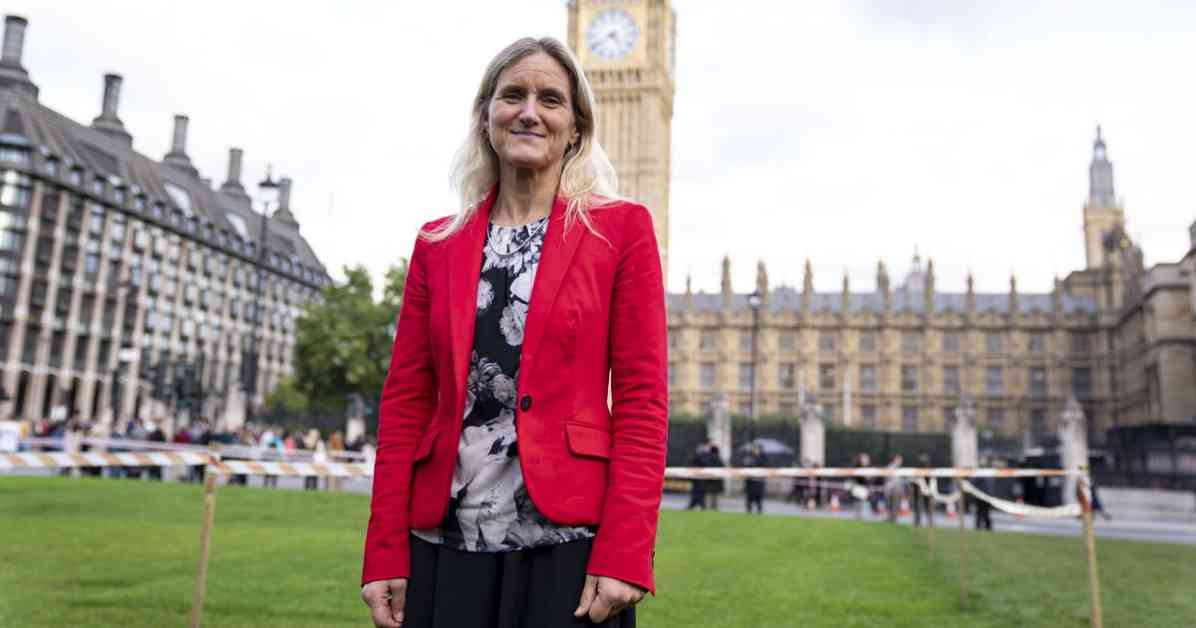Draft assisted dying laws are set to be revealed on Tuesday, according to the PA news agency. The proposed Terminally Ill Adults (End of Life) Bill by Labour MP Kim Leadbeater will be up for debate on November 29, marking the first such discussion in the Commons in nearly ten years. Leadbeater has hinted that eligibility for assisted dying will be based on a patient’s life expectancy, with medical and judicial safeguards likely to be included such as approval from doctors and court oversight in each case. MPs will have the freedom to vote according to their own beliefs rather than following party lines.
A group of nurses has urged MPs to seize this “historic opportunity” to change the law, emphasizing the importance of providing choice to those who need it. However, opposition campaigners argue that the legislation is moving too quickly and should be thoroughly examined. Seven nurses, including palliative care professionals, have written to MPs advocating for the Bill, stating that everyone deserves the option of a peaceful and painless death.
On the other hand, Dr. Gordon Macdonald of Care Not Killing believes that the current law is the safest option and that rushing to change it could have negative consequences. He points out the flaws in the UK’s palliative care system and the potential pressures that changing the law could place on vulnerable individuals. Health Secretary Wes Streeting has also expressed concerns about the quality of palliative care and the risk of coercion in end-of-life decisions.
Various public figures have weighed in on the debate, with some supporting a change in the law and others opposing it. The process of implementing any changes will be lengthy, with multiple stages of review and voting in both the Commons and the Lords. The outcome of the initial debate on November 29 is uncertain, as MPs may choose to reject the proposed legislation. Prime Minister Sir Keir Starmer has expressed personal support for assisted dying, but the Government is expected to remain neutral on the issue.
The discussion around assisted dying legislation is complex and multifaceted, involving ethical, medical, and legal considerations. As the debate unfolds in Parliament, it is crucial for all voices to be heard and for thorough examination of the potential impact of any changes to the law. Ultimately, the decision on assisted dying will have far-reaching consequences for individuals, families, and society as a whole.












